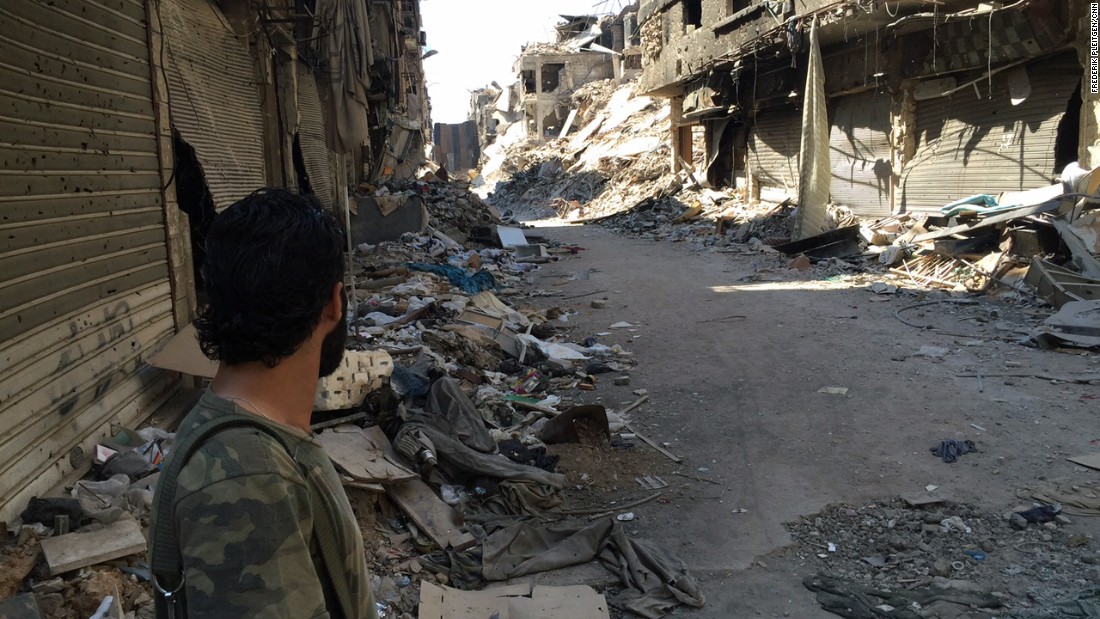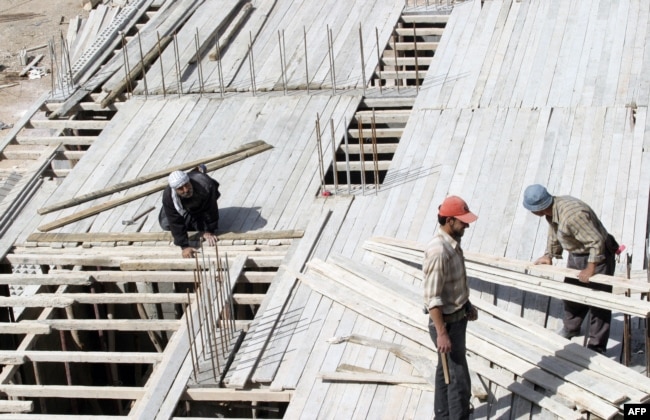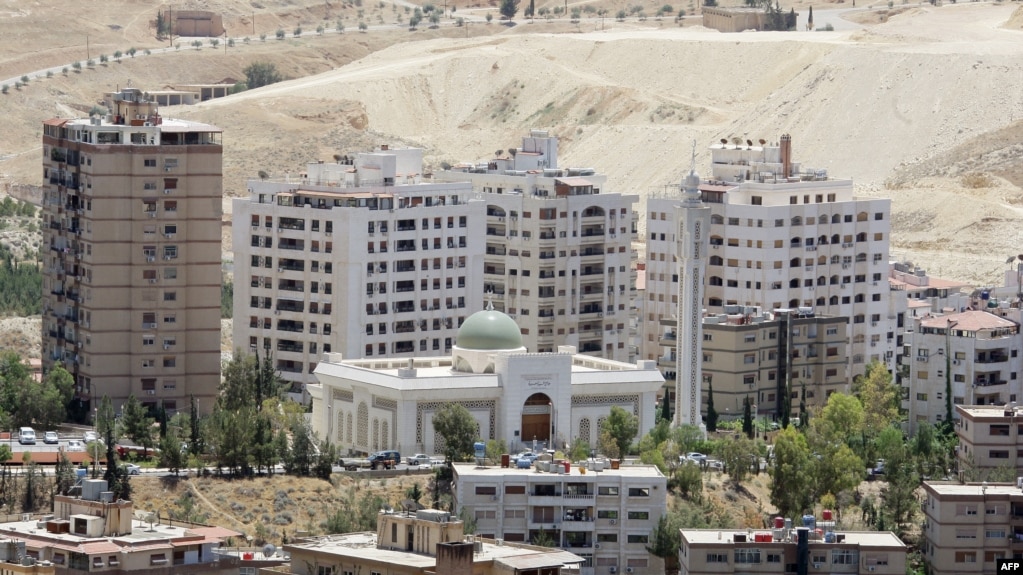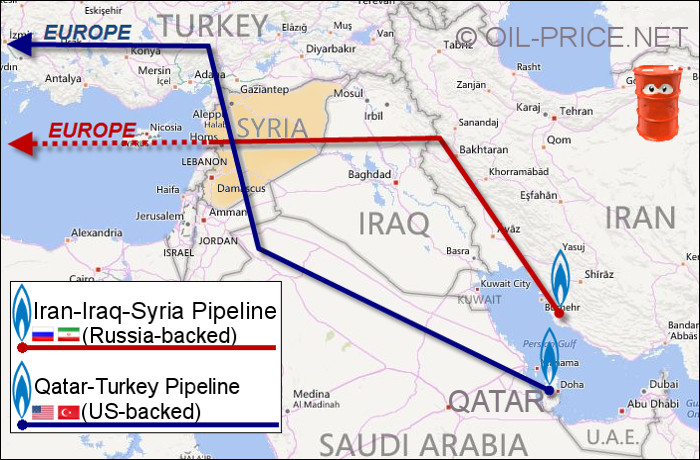In our view, the United States of America represents so many things that conflict with Californian values, and our continued statehood means California will continue subsidizing the other states to our own detriment, and to the detriment of our children.
Although charity is part of our culture, when you consider that California’s infrastructure is falling apart, our public schools are ranked among the worst in the entire country, we have the highest number of homeless persons living without shelter and other basic necessities, poverty rates remain high, income inequality continues to expand, and we must often borrow money from the future to provide services for today, now is not the time for charity.
However, this independence referendum is about more than California subsidizing other states of this country. It is about the right to self-determination and the concept of voluntary association, both of which are supported by constitutional and international law.
It is about California taking its place in the world, standing as an equal among nations. We believe in two fundamental truths: (1) California exerts a positive influence on the rest of the world, and (2) California could do more good as an independent country than it is able to do as just a U.S. state.
In 2016, the United Kingdom voted to leave the international community with their “Brexit” vote. Our “Calexit” referendum is about California joining the international community. You have a big decision to make.
****
He’s the founder of a Californian independence movement. Just don’t ask him why he lives in Russia.
WaPo: Louis J. Marinelli is a man on a quixotic mission: to help California secede from the United States and become an independent country.
Surprisingly, this quest has been going relatively well of late. Marinelli’s group, Yes California, is attempting to collect 585,000 signatures necessary to place a secessionist question on the 2018 ballot. Buoyed by California’s already tense relationship with President Trump, the campaign has received a large amount of press coverage and support over the past few months.
But for the 30-year-old Yes California president, there remains one annoying problem: People keep asking him why he lives in Russia.
In the wake of Yes California’s recently acquired momentum, a lot of people have taken note of Marinelli’s unusual home base. Numerous articles have appeared in the Californian media noting Marinelli’s choice of residence. On social media, discussions about Marinelli often take on a deeply conspiratorial tone.
“Hands off California, Putin,” a rival secessionist movement, the California National Party, tweeted in January. “We won’t take orders from your puppet Moscow Marinelli.”
Marinelli has perhaps compounded the issue by making numerous appearances on Russian state media (approximately once a week, by his own estimation), at times offering a political viewpoint that seems to line up neatly with the Kremlin’s. In late December, the Russian media gave widespread coverage to Marinelli as his group opened a “Californian Embassy” in Moscow.
Speaking via video chat from his home in Yekaterinburg earlier this month, Marinelli seemed exasperated when quizzed about his decision to live in Russia.
“And Barack Obama was born in Kenya, right?” he said incredulously.
“The fact that I’m an English teacher in Yekaterinburg doesn’t mean there’s some Russian government conspiracy or support for our campaign,” Marinelli said. “The fact that I studied Russian language courses at Saint Petersburg State University in 2007 or ’08 doesn’t mean that I know Vladimir Putin, who graduated from there in 1975.”
He offered an explanation for his circumstances that went into more detail than one posted in a FAQ section on the Yes California website. It presented a reasonable — though unusual — set of events that had resulted in him leading a Californian independence movement from half a world away.
It goes like this: Buffalo-born Marinelli moved to California in 2006. A year later, he upped sticks and went to Saint Petersburg State University to study Russian. He lived “on and off” in Russia between 2007 and 2011, during which time he met his wife, a Russian citizen. The pair moved back to San Diego, but Marinelli’s partner ran into problems with the U.S. immigration system.
“Her visa had expired and there was really no way for us to easily adjust her status,” Marinelli said. “If she had left the country, she’d be banned for 10 years, and so that wasn’t an option.”
Marinelli said they received a “glimmer of hope” last August that would allow his wife, who has been unable to leave the country until her legal status in the United States was secured, a chance to return home. She was desperate to visit her family, he said, so Marinelli found an apartment in Yekaterinburg and a job teaching English for a semester that provided him a visa. But then, according to his telling, “the immigration thing kind of fell through,” and his wife was unable to travel.
The end result was that Marinelli was obliged to go to Russia, he said, while his Russian wife was stuck in San Diego. “We’re still working on resolving the problem,” Marinelli said, adding that his wife was in the process of getting a green card. “Hopefully that goes well and we can end this chapter of our lives.”
It’s a strange situation — and not exactly how some of Marinelli’s partners in Yes California describe it (Marcus Ruiz Evans, the group’s vice president, told The Washington Post that Marinelli’s wife also lived in Russia).
But it is a plausible scenario.
Marinelli’s ties to Alexander Ionov are perhaps bigger conspiracy fodder. Ionov is the founder of the Anti-Globalization Movement of Russia, a group that supports various secessionist movements around the world. Last September, he put on a Kremlin-sponsored event in Moscow for Western secessionists that Marinelli and other representatives of Yes California attended.
Reached via email, Ionov said that about 30 percent of the funding for the event came from the Russian government. But he said none of that money was given to any U.S. groups, including Yes California. Marinelli also pushed back on the idea that this represents a link with the Russian government.
“We don’t have any communication with or contact with or receive any support of any kind from the Russian government or any Russian government officials,” Marinelli said.
“We’re not actively pursuing a dialogue with Vladimir Putin here in Russia even though I’m in Russia,” he added.
Would Putin want a dialogue? Some experts said that while Ionov and his group may have some limited ties to the Kremlin, they are ultimately small fry in Moscow.
Simon Saradzhyan, the founding director of the Russia Matters Project at Harvard’s Belfer Center for Science and International Affairs, said that the Russian government probably wasn’t taking the Yes California project very seriously, “if only because that chances that this movement can eventually win independence for that state are close to zero.” But Saradzhyan also noted that Russia could well be interested in getting revenge on Washington for what it saw as U.S. support for Chechen separatism in the 1990s.
Fiona Hill, a Russia expert with Brookings Institution, said in an email that historical Russian links to California added further intrigue to the situation.
“Russia had a major early-19th century colony in California and there has been quite a lot of interest in promoting this from circle’s close to the Kremlin,” Hill said, pointing to Kremlin-connected oligarch Viktor Vekselberg and his interest in Fort Ross, the former colony in what is now Sonoma County.
It sounds outlandish, but after an election in which Russian interference supposedly helped a former reality television star with no political experience gain entry to the White House — well, perhaps it doesn’t seem that outlandish. Marinelli didn’t sound like a fan of the way that election turned out. He repeatedly criticized Trump during his interview with WorldViews, noting how the U.S. president had threatened to defund California.
Marinelli also admitted that he voted for Trump — a tactical decision, he explained. “We need things that we can use to promote the cause, and I think Donald Trump is a daily advertisement for that cause,” he said, noting that his vote didn’t matter much in California, anyway.
When it comes to Marinelli’s thoughts on the other president in his life, Putin, he keeps his cards closer to his chest. He said he doesn’t have an emotional connection to Russia in the same way he does the United States, which is actually “a great thing” about living in Yekaterinburg.
Back home, he said, he was often frustrated by what he saw as America’s failings.
“I think every country has progress to make on some fronts. People say, for example, that Russia has progress to make when it comes to civil rights and human rights,” he said. “And the United States doesn’t? In Russia, police aren’t shooting people because of their skin color. There’s pros and cons.”
Read more:
‘California is a nation, not a state’: This movement wants a break from the U.S.



 Techviral
Techviral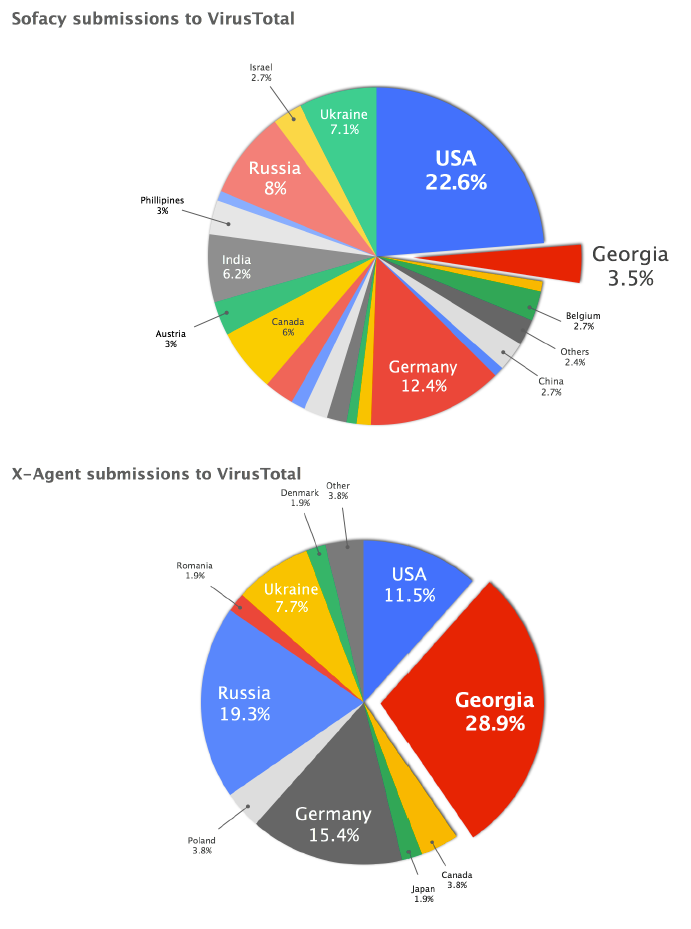
 Russian embassy Washington DC
Russian embassy Washington DC AFP
AFP